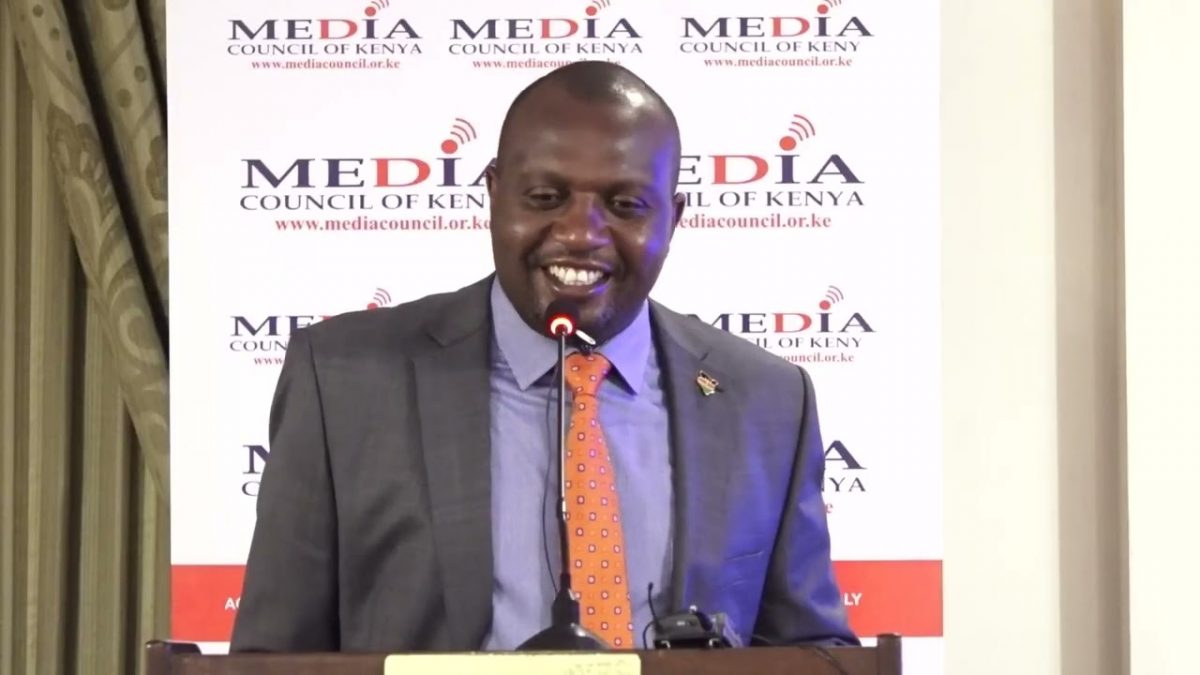MCK board recruitment ought to be beyond reproach

When I saw names of the shortlisted candidates for the position of board member of the Media Council of Kenya (MCK) several days ago, I had a feeling of déjà vu.
For some reason, there seemed to be a disproportionate number of journalists— both current and former — from one media house in the country. Never mind that it touts itself as the largest media house in East and Central Africa.
Well, I called a couple of my candidate colleagues before the interview to wish them luck. In retrospect, I remember to have mentioned my inkling about the fact that there was a whiff of old boys’ network in that interview community.
Apparently, I was not alone. But I was equally curious when a practicing Surgeon based in Nakuru Dr Magare Gikenyi went to court to halt the recruitment process on the same basis.
I did not understand how a surgeon can have such a deep interest and knowledge in media matters, even able to dissect the legality of the process the way he would do a radical surgery in theatre. I am still trying to figure out his locus standi. I suspect that he could be suing at the behest of vested interests in the outcome of the process.
In my opinion, I also find the Attorney General’s legal standpoint on this debate targeted, erroneous and misleading. His assertion, without giving any legal basis, that media employees, public servants and staff of media associations cannot serve in the MCK Board based on opinion rather than the law. No wonder this assertion was shot down in Parliament and a previous board member dismissed on the basis of these claims reinstated.
In the foregoing case, MCK unlawfully annulled former board member Tabitha Mutemi on allegations that she could not sit on the board as she was a public officer working with the Independent Electoral and Boundaries Commission. The case raised a lot of controversy and seemed to have several interests.
Indeed, it is not the first time someone has gone to court to stop MCK Board recruitment process. In 2019, the Labour court stopped MCK from proceeding with the recruitment of its chairperson and board members, pending hearing and determination of a case by the Consumers Federation of Kenya. The court annulled the recruitment and ordered that the process start afresh.
Basically, it shows that there are deep and vested interests in the MCK. One reason could be that the strategic public institution is a cash cow for some public officials. It is also a good platform for influence peddling within the media industry, with great potential for currying favors in the corridors of power.
In principle, yes, the MCK Board must be impartial. Which is the reason why it would be imprudent to have more than one person from the same institution, even if the partiality is perceived rather than real. Diversity must also be enhanced within meritocracy.
I believe the Information, Communication and the Digital Economy Cabinet Secretary, Eliud Owalo, has the best interests and genuine intentions for development of the Kenyan media. Since taking office a few months ago, he has made level headed pronouncements, which means that he is listening to the counsel of media experts, or advisers in his docket.
If I were the court, I would rule that the recruitment process starts all over again. Going forward, the Ministry can engage the services of a credible recruitment agency to help in dealing with potential conflict of interest in the shortlisting of candidates for the positions. There is also need for the Cabinet Secretary to plug the legal and constitutional loopholes so that even the AG can have a strong case when giving his views, rather than making political pronouncements based on expediency.
—The writer is a PhD student in International Relations











